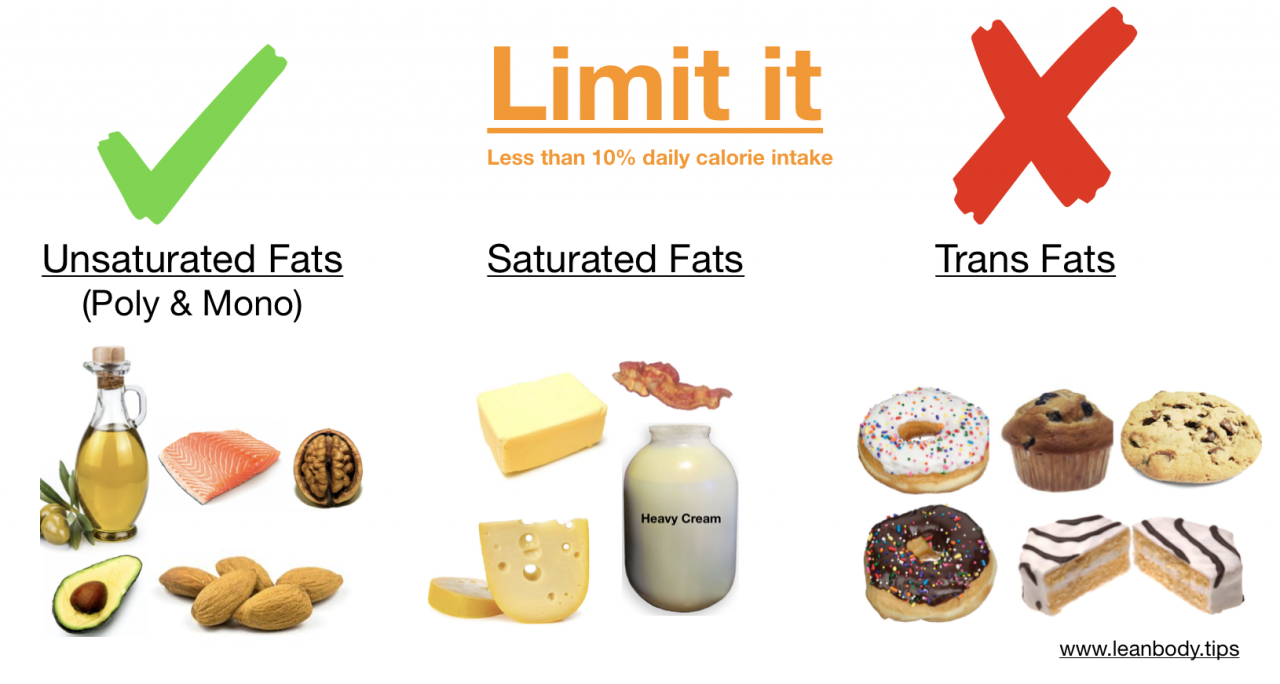Maintaining a balanced diet is essential for overall health and well-being. A well-balanced diet provides the necessary nutrients, vitamins, and minerals that our bodies need to function optimally. It supports growth, development, and helps prevent chronic diseases. In this article, we’ll explore the principles of a balanced diet and provide nutritional guidelines for making healthy food choices.
1. Variety is Key
A balanced diet includes a wide variety of foods from different food groups. This ensures that you receive a diverse range of nutrients necessary for good health. Aim to include foods from all food groups: fruits, vegetables, grains, protein sources (such as lean meats, poultry, fish, beans, and nuts), and dairy or dairy alternatives.
2. Moderation Matters
Balanced eating is about portion control and moderation. Enjoying a variety of foods in appropriate portion sizes helps prevent overeating and promotes weight management.
3. Emphasize Whole Foods
Whole foods, such as whole grains, fruits, vegetables, lean proteins, and nuts, provide more nutrients and fiber compared to processed foods. Choose whole, unprocessed options whenever possible to maximize nutritional benefits.
4. Eat Plenty of Fruits and Vegetables
Fruits and vegetables are rich in vitamins, minerals, antioxidants, and fiber. Aim to fill half your plate with colorful fruits and vegetables at each meal to ensure you’re getting a range of nutrients.
5. Choose Lean Proteins
Opt for lean protein sources, such as poultry, fish, beans, lentils, and tofu. These options provide essential amino acids without the excess saturated fats often found in fatty meats.
6. Prioritize Whole Grains
Whole grains, like brown rice, quinoa, whole wheat, and oats, are higher in fiber and nutrients compared to refined grains. They also help stabilize blood sugar levels and promote digestion.
7. Include Healthy Fats
Include sources of healthy fats in your diet, such as avocados, nuts, seeds, and olive oil. These fats are important for brain health, hormone production, and overall body functions.
8. Limit Added Sugars and Sodium
Excessive added sugars and sodium can contribute to health problems like obesity, diabetes, and hypertension. Be mindful of hidden sugars in processed foods and choose lower-sodium options.
9. Hydrate Adequately
Water is essential for digestion, circulation, and overall bodily functions. Aim to drink plenty of water throughout the day and limit sugary drinks and excessive caffeine.
10. Pay Attention to Portion Sizes
Even healthy foods can contribute to weight gain if consumed in large quantities. Use portion control to avoid overeating and maintain a healthy weight.
11. Plan and Prepare Meals
Planning and preparing meals at home gives you control over ingredients and portion sizes. It also helps you avoid relying on unhealthy fast food or processed options.
12. Listen to Your Body
Pay attention to hunger and fullness cues. Eat when you’re hungry and stop when you’re satisfied. Avoid eating out of boredom or emotional reasons.
13. Consider Dietary Restrictions
If you have specific dietary restrictions or health conditions, consult a healthcare professional or registered dietitian for personalized guidance on meeting your nutritional needs.
14. Limit Processed and Fast Foods
Processed and fast foods are often high in added sugars, unhealthy fats, and sodium. Limit their consumption and prioritize whole, nutrient-dense options.
15. Be Mindful of Alcohol Consumption
If you choose to consume alcohol, do so in moderation. Excessive alcohol intake can have negative health effects.
Conclusion
Adopting the principles of a balanced diet and following nutritional guidelines can have a significant impact on your health and well-being. Eating a variety of whole foods, controlling portion sizes, and making informed choices about the foods you consume can help you maintain a healthy weight, prevent chronic diseases, and support your overall vitality. Remember that individual dietary needs vary, so it’s always a good idea to consult with a healthcare professional or registered dietitian for personalized advice and recommendations based on your specific circumstances.




















Add Comment